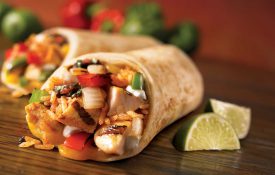-
Why We Click on Stuff We Know We Won’t Like
Why is there a deluge of divisive and negative content on social media? Is it simply that — despite what we’d prefer to think about ourselves — we like this kind of stuff? After all
-

In the “I” of the Beholder: People Believe Self-Relevant Artwork is More Beautiful
Our feelings about art may be more personal than previously realized, causing us to prefer art that speaks to our sense of self.
-

New Content From Current Directions in Psychological Science
A sample of articles on intolerance, social-structure learning, personality change, learned preferences, effects of teachers’ instructional language, and collective emotions.
-
How to Stop Hating Your Least Favorite Food
Cucumbers are my nemesis. I want to fight every food in the melon family and many melon-adjacent foods, but melons avoid my primary disdain because they usually take their rightful place as easily avoidable fruit-salad
-
New Research From Psychological Science
A sample of new research exploring cognitive factors in intergroup biases, object-based attention on social units, height and dominant behavior, and sameness as a natural concept.
-

With Food, Similar Substitutes Are Less Satisfying
While people tend to prefer the food option that’s most similar to the item they can’t have, they’re likely to be more satisfied with the option that diverges a bit.

